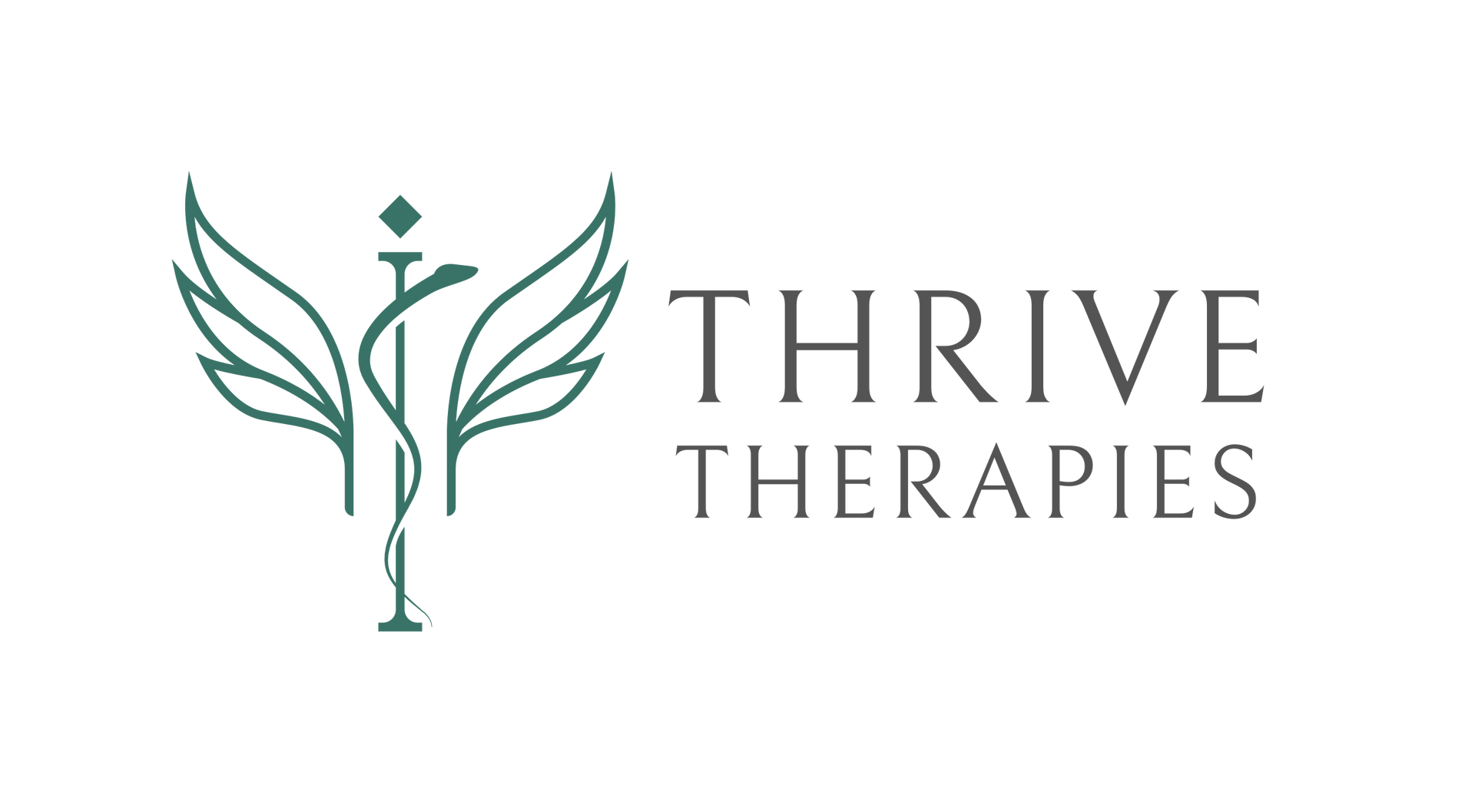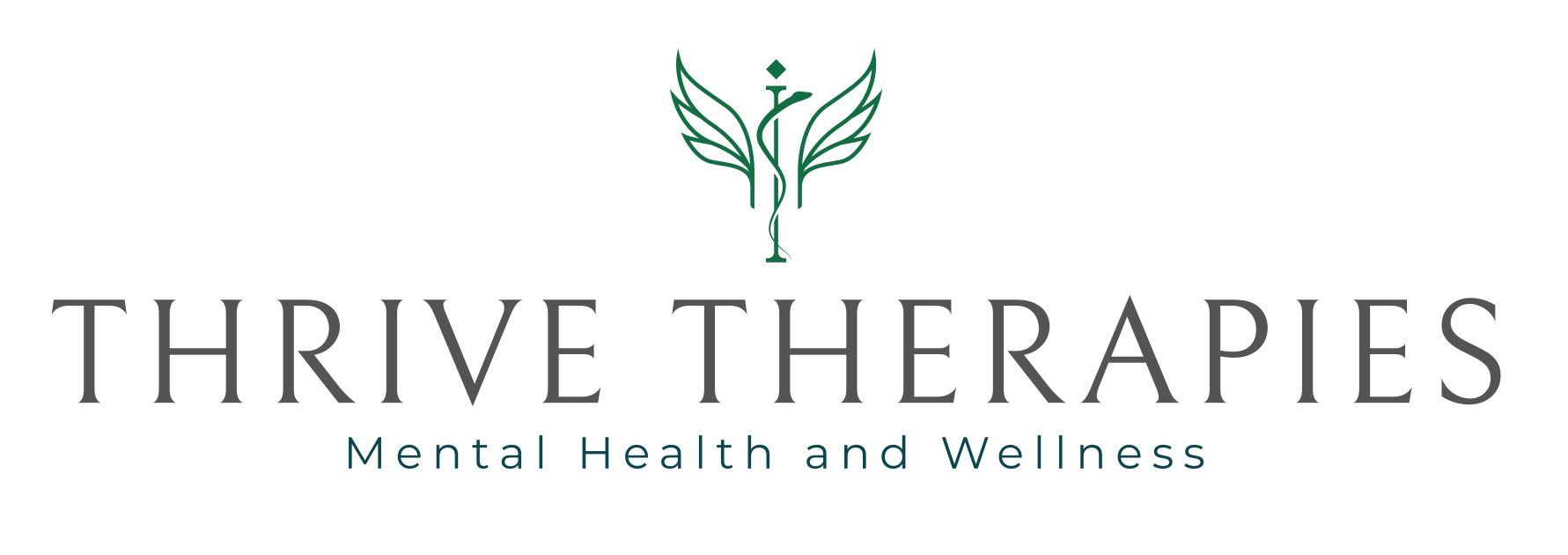Frequently Asked Questions
-
What is a Psychiatric Nurse Practitioner?
A Board-Certified Psychiatric Nurse Practitioner (PMHNP-BC) is a Master’s trained medical provider who can assess, diagnose and treat patients with any mental health condition(s).
At Thrive Therapies, we partner with our clients to develop a treatment plan to achieve your goals through various therapeutic interventions, including medication management when indicated.
Psychiatric Nurse Practitioners are different from counselors/therapists who can not prescribe medications, and we are different from psychiatrists (doctors) in that we are not required to spend as many years in training and are often less expensive for our patients.
-
How long does treatment take?
Treatment length depends on several elements which are unique to each person. These elements include your personal goals, the interventions we suggest and your ability to implement those interventions outside of your appointments.
Some individuals come in with a single goal in mind that they can reach quickly; others come in wanting to explore how therapy can help them without having a clear goal in mind. No matter where you are starting from, Thrive Therapies will work with you to clarify why you are in treatment and help keep you on track toward the goals you create. We can also pivot as needed to support new goals you may develop or new priorities which may arise in your life.
-
What if I do/don't want to take medications?
We know the decision to take medications should be an informed one and we will work with you to help you make safe, effective decisions. Many people do not want medications in their treatment - that's ok! There are numerous ways to help you without the use of pharmaceuticals. We are happy to work with you whether or not medications are part of your plan.
Whether, when and which medications are prescribed in your care is a complex series of decisions that takes into account factors such as your current health issues, other medications you may be taking, interventions already tried, and the risks and benefits of taking (or not taking) medications. A thorough medication history is gathered for all clients and options for medication are discussed, if you want to explore those options.
-
I’m on controlled medications, will you continue my prescription?
We take the use of controlled medications seriously and will not continue controlled medications without a thorough intake, evaluation and review of your records. We will also expect to have a conversation with your current prescriber.
Thrive Therapies utilizes a controlled substance agreement to ensure that our clients understand the risks and expectations that come with this type of medication management. We will also work with you to learn and practice symptom management strategies that don’t rely on prescriptions. Ultimately, the decision on prescribing or continuing any existing prescription is up to the licensed provider.
Laws regarding prescribing controlled substances are under review and changing, as the pandemic emergency rules may no longer apply. This may impact the ability to prescribe controlled medications in a telehealth only practice.
-
Can you help me get off my medications?
Yes, we can help you consider all your medication goals! Many people are frustrated with their psychiatric medications because their symptoms are not adequately controlled or their medications cause uncomfortable side effects. We will work with you to understand your goals for symtom management and discuss the risks and benefits of stopping some or all of your medications. We can help you make changes to your regimen safely while we help to monitor your progress. We will also help you identify when restarting a medication should be considered.



